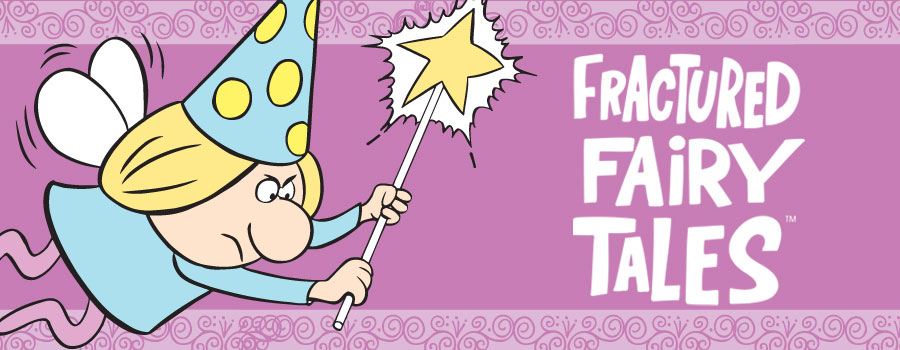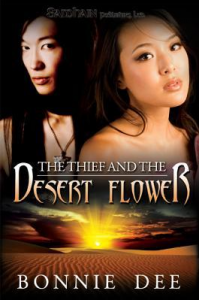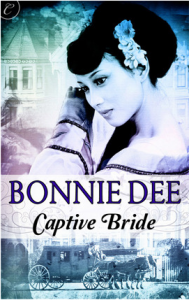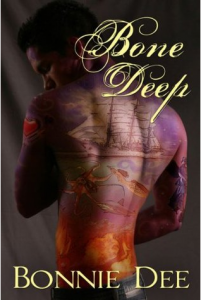In an effort to avoid being tossed out of my book club on my head, I read A Hundred Years of Solitude by Gabriel Garcia Marquez on the airplane over holiday break.
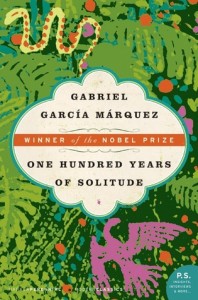 I felt a solid wash of relief at being able to cross that book off my to-read list, where it has sat since high school. I’m sure now I’ll be able to do that much better on those Facebook quizzes about how many locations in the U.S./foods/great classics I’ve been remiss in encountering. I’ve increased my worth as a human being by one point.
I felt a solid wash of relief at being able to cross that book off my to-read list, where it has sat since high school. I’m sure now I’ll be able to do that much better on those Facebook quizzes about how many locations in the U.S./foods/great classics I’ve been remiss in encountering. I’ve increased my worth as a human being by one point.
I didn’t exactly like the book. I admired the book, and I was aware that it was a brilliant book that I ought to love, and that if I still knew as much about Latin American politics and history as I was taught in high school, I would love it. (If I were a romance heroine and you were my best friend, you would tell me that knowing you should love and loving are two very different things.)
What I love without reservation is how Gabriel Garcia Marquez writes about love. He missed his calling as a writer of wonky romance.
Here’s frustrated longing:
She went back to eating earth. The first time she did it almost out of curiosity, sure that the bad taste would be the best cure for the temptation. And, in fact, she could not bear the earth in her mouth. But she persevered, overcome by the growing anxiety, and little by little she was getting back her ancestral appetite, the taste of primary minerals, the unbridled satisfaction of what was the original food. She would put handfuls of earth in her pockets, and ate them in small bits without being seen, with a confused feeling of pleasure and rage, as she instructed her girlfriends in the most difficult needlepoint and spoke about other men, who did not deserve the sacrifice of having one eat the whitewash on the walls because of them. The handfuls of earth made the only man who deserved that show of degradation less remote and more certain, as if the ground that he walked on with his fine patent leather boots in another part of the world were transmitting to her the weight and the temperature of his blood in a mineral savor that left a harsh aftertaste in her mouth and a sediment of peace in her heart.
Oh, my God. She’s eating dirt. And it’s lovely. It’s overwhelming. It’s despair, degradation, harshness, anxiety, pleasure, rage, savor, sediment, peace.
I love when Marquez writes about things that are not-quite-real, right on the edge of being dreamlike or magical (the official name is magical realism), because it’s exactly how you feel when you’re in love, when you’re in the grip of lust. It’s not quite real and it’s all too real. It’s magical, ethereal, but it’s also so visceral it’s painful.
Marquez reminded me that we don’t have to be so literal. You can get at emotion by flirting with it, by winking at it, by adorning your whole literary world with it without ever explicitly pointing at it. The heroine could be ambivalent about love, or she could desperately want to and desperately not want to eat the handfuls of earth she’s stowed in her pocket.
You know the scene in the romance novel when the hero is thinking about all the reasons he loves the heroine? She’s beautiful, of course, and sexy—sexier than all other women because of her peculiar combination of innocence and passion only he can unleash. Also, she’s smart and funny in a way no other woman on earth is smart and funny.
Here’s that same passage, Marquez-style (different characters from the last passage, by the way—all the passages are different characters, lest you mistakenly suppose One Hundred Years of Solitude to in any way resemble romance):
The house became full of love. Aureliano expressed it in poetry that had no beginning or end. He would write it on the harsh pieces of parchment that Melquiades gave him, on the bathroom walls, on the skin of his arms, and in all of it Remedios would appear transfigured: Remedios in the soporific air of two in the afternoon, Remedios in the soft breath of the roses, Remedios in the water-clock secrets of the moths, Remedios in the steaming morning bread, Remedios everywhere and Remedios forever.
Or when the hero and heroine can’t eat and can’t sleep, they’re so far gone?
She lost her mind over him. She could not sleep and she lost her appetite and sank so deeply into solitude that even her father became an annoyance. She worked out an intricate web of false dates to throw Fernanda off the track, lost sight of her girlfriends, leaped over conventions to be with Mauricio Babilonia at any time and at any place.
And that first time, overcome by love-disguised-by-lust:
At first his crudeness bothered her. The first time that they were alone on the deserted field behind the garage he pulled her mercilessly into an animal state that left her exhausted. It took her a time to realize that it was also a form of tenderness and it was then that she lost her calm and lived only for him, upset by the desire to sink into his stupefying odor of grease washed off by lye. … She surrendered to Mauricio Babilonia without resistance, without shyness, without formalities, and with a vocation that was so fluid and an intuition that was so wise that a more suspicious man than hers would have confused them with obvious experience.
Did you catch that? She was innocent and yet with that sensuality that only he could unleash—and understand.
For all that there’s no happily ever after in the book, I loved this description of enduring, mature love (don’t get excited; it’s doomed, too):
Actually, those who saw that man in his forties with careful habits, with the leash around his neck and his circus bicycle, would not have thought that he had made a pact of unbridled love with his wife and that they both gave in to the reciprocal drive in the least adequate of places and wherever the spirit moved them, as they had done since they had begun to keep company, and with a passion that the passage of time and the more and more unusual circumstances deepened and enriched. Gaston was not only a fierce lover, with endless wisdom and imagination, but he was also, perhaps, the first man in the history of the species who had made an emergency landing and had come close to killing himself and his sweetheart simply to make love in a field of violets.
The fact that Marquez writes so beautifully and compellingly about love makes it particularly hard to bear the fact that love (and lust) are the enemies in this book. They get people into trouble, cause them to behave badly, and ultimately, destroy them. The characters fight the inevitable over and over again, and over and over they succumb:
Aureliano smiled, picked her up by the waist with both hands like a pot of begonias, and dropped her on her back on the bed. With a brutal tug he pulled off her bathrobe before she had time to resist and he loomed over an abyss of newly washed nudity whose skin color, lines of fuzz, and hidden moles had all been imagined in the shadows of the other rooms. Amaranta Ursula defended herself sincerely with the astuteness of a wise woman, weaseling her slippery, flexible, and fragrant weasel’s body as she tried to knee him in the kidneys and scorpion his face with her nails, but without either of them giving a gasp that might not have been taken for the breathing of a person watching the meager April sunset through the open window. It was a fierce fight, a battle to the death, but it seemed to be without violence because it consisted of distorted attacks and ghostly evasions, slow, cautious, solemn, so that during it all there was time for the petunias to bloom and for Gaston to forget about his aviator’s dreams in the next room, as if they were two enemy lovers seeking reconciliation at the bottom of an aquarium. … Suddenly, almost playfully, like one more bit of mischief, Amaranta Ursula dropped her defense, and when she tried to recover, frightened by what she herself had made possible, it was too late. A great commotion immobilized her in her center of gravity, planted her in her place, and her defensive will was demolished by the irresistible anxiety to discover what the orange whistles and the invisible globes on the other side of death were like. She barely had time to reach out her hand and grope for the towel to put a gag between her teeth so that she would not let out the cat howls that were already tearing at her insides.
Nothing good comes of love in One Hundred Years of Solitude, but I must be a stubborn romantic, because even after twelve hours with my knees pulled up to my chest and my right hand going numb from clasping a saggy paperback, the only thing I learned from Marquez’s infinite grimness is that even love’s ugliness is divine. All those words Marquez put on the page to tell me that love kills, and what I got out of it is that love is multifaceted and transcendent. In a book clotted with fear and disaster, the moments that leap off the page are the ones where he writes about longing that connects the earth in Macondo with the tread of a lover’s boots on the other side of the world.
Sometimes when I am writing about sex or love, I fear that I will run out of beautiful or clever ways to describe sensations or emotions. This book reassured me that I never will.
All the words in the world can be brought into its service—a whole infinity of them. Infinite words in infinite combinations, little gems of beauty in the dust.
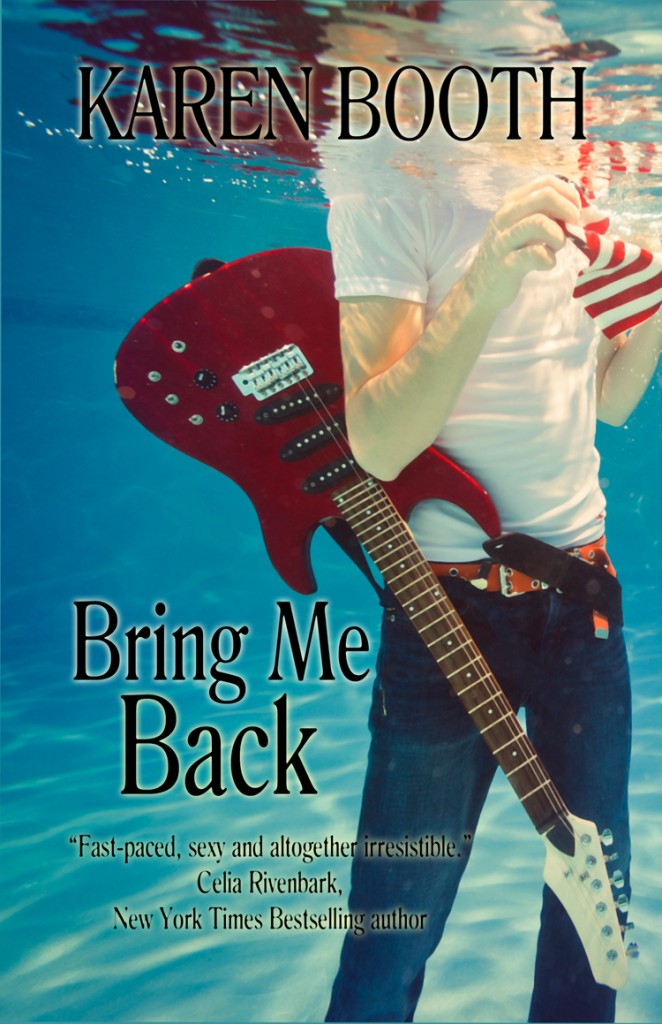 Music critic Claire Abby is a single mom dreading her daughter’s departure for college and worried that turning forty will leave her career running on fumes. She’s floored when she lands a Rolling Stone cover story on 80s British rock legend Christopher Penman. She spent her teenage years fantasizing he was her boyfriend.
Music critic Claire Abby is a single mom dreading her daughter’s departure for college and worried that turning forty will leave her career running on fumes. She’s floored when she lands a Rolling Stone cover story on 80s British rock legend Christopher Penman. She spent her teenage years fantasizing he was her boyfriend.
